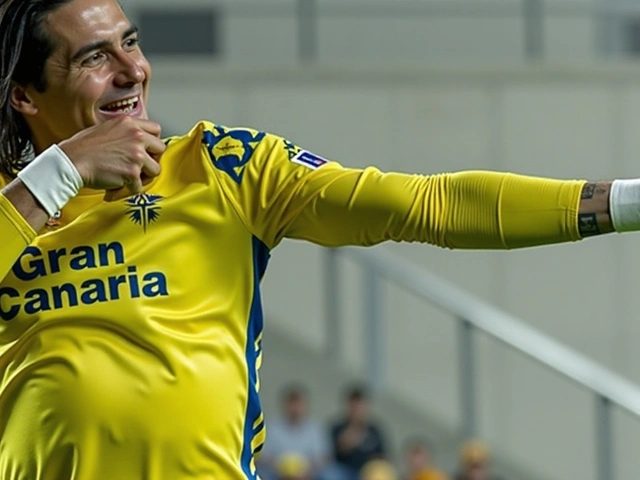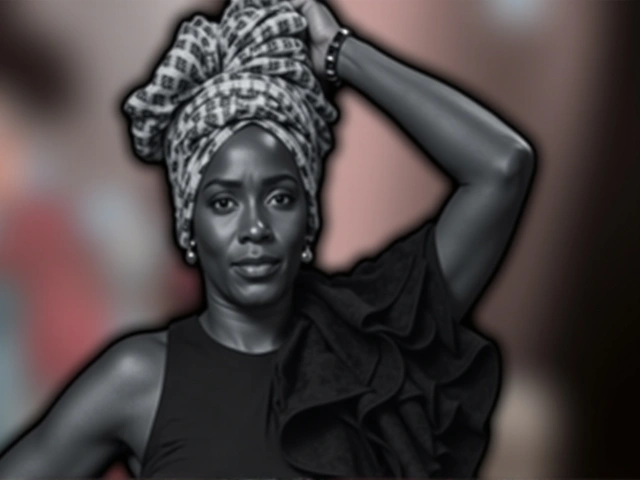Golf Community Reeling from Grayson Murray’s Tragic Death
The Aftermath of a Heartbreaking Loss
In a sport where precision and composure are paramount, the sudden loss of a talented golfer has left an indelible mark on the golfing community. Four days after the untimely death of Grayson Murray, a 30-year-old professional golfer, his fellow golfers and fans are still grappling with overwhelming sadness. The shockwaves from this tragedy have sparked vital conversations about mental health within the professional sports arena.
Grayson Murray had to withdraw from the Charles Schwab Challenge due to illness. The news of his death by suicide the following day dealt a heavy blow to the golfing world. In a show of solidarity and respect, PGA Tour players donned red and black ribbons for the remainder of the tournament, serving as a poignant reminder of Murray's life and his battle with inner demons.
A Tribute to Grayson Murray
Murray's transparency regarding his struggles with alcoholism, anxiety, and depression endeared him to many within the golf community. Mackenzie Hughes, a Canadian golfer and peer of Murray, shared his admiration for Murray’s courage in facing such challenges. Hughes and Murray both embarked on their professional journeys around the same time, creating a shared bond through their parallel experiences. Hughes spoke openly about the impact of Murray's death and his aspiration that Murray’s openness about his mental health would encourage others to seek necessary help.
“Grayson's bravery in discussing his struggles inspired many of us,” Hughes stated. “I truly hope his story can be a beacon for others who might be fighting similar battles. Sometimes, knowing you’re not alone can make all the difference.”
The Ripple Effect Beyond the PGA Tour
LPGA Tour star Brooke Henderson also expressed her condolences to Murray’s family and friends, shedding light on the importance of maintaining mental well-being. Henderson emphasized the delicate balance between professional commitments and personal life. “It’s crucial to find that harmony,” she shared. “As athletes, we push our bodies and minds to the limit. Taking time to focus on mental health shouldn't be overlooked.”
The conversation around mental health, propped by Murray’s tragic passing, has gained momentum within the sports community. Discussions are now more open, with athletes from various sports joining in to promote mental health awareness. This dialogue is reshaping the perception of mental health in high-pressure environments like professional sports.
A Community United in Grief and Action
As the RBC Canadian Open commenced, the golf community tried to find solace and understanding in the face of this tragedy. The sense of loss was palpable among the players and spectators. During the opening ceremony, there was a moment of silence held to honor Grayson Murray, a gesture that touched many hearts.
The grief shared by the golfing community underscores the need for comprehensive mental health support systems for athletes. Professional sports demand extreme dedication, which often comes at a personal cost. Ensuring adequate mental health resources and support networks can help athletes manage the unique pressures they face.
The PGA Tour and other sports organizations are recognizing the importance of addressing mental health head-on. Initiatives focused on mental wellness, such as counseling services and stress management workshops, are becoming integral parts of athlete support systems. These measures aim to provide athletes with the tools they need to navigate their careers while maintaining their mental well-being.
Looking Forward: Change and Advocacy
Grayson Murray’s passing has illuminated the urgent need for greater mental health awareness and support within the sports community. While the sadness of his death lingers, it also ignites a hopeful movement towards change. Advocates now push for more robust mental health programs, ensuring that athletes are equipped to handle both their professional and personal lives.
As conversations about mental health continue to evolve, it is clear that the legacy left by Grayson Murray will extend far beyond his time on the golf course. His openness and courage have already paved the way for critical discussions that will no doubt contribute to better mental health care for athletes in the future.
For the fans, the message is one of empathy and support. Recognizing the human side of sports and the challenges that athletes face is paramount. The collective sadness shared in the wake of this tragedy is gradually transforming into a collective resolve to make a meaningful impact.
Support and Resources
For anyone struggling with mental health issues, remember that reaching out for help is a sign of strength, not weakness. Many organizations offer support, including hotlines, counseling services, and community groups. Taking the first step toward seeking help can make all the difference.
In honoring Grayson Murray, the golf community is reminded of the importance of compassion, both for oneself and others. The red and black ribbons worn in his memory during the PGA Tour tournament stand as symbols of unity and a call for ongoing dialogue about mental health. This collective action fosters a supportive environment where athletes and individuals alike are encouraged to seek help and offer support.
The legacy of Grayson Murray, marked by his transparent and courageous approach to mental health struggles, will continue to inspire. It serves as a poignant reminder that while the game of golf requires precision, persistence, and focus, it is the human connections and support systems that truly define our shared experience.






Write a comment